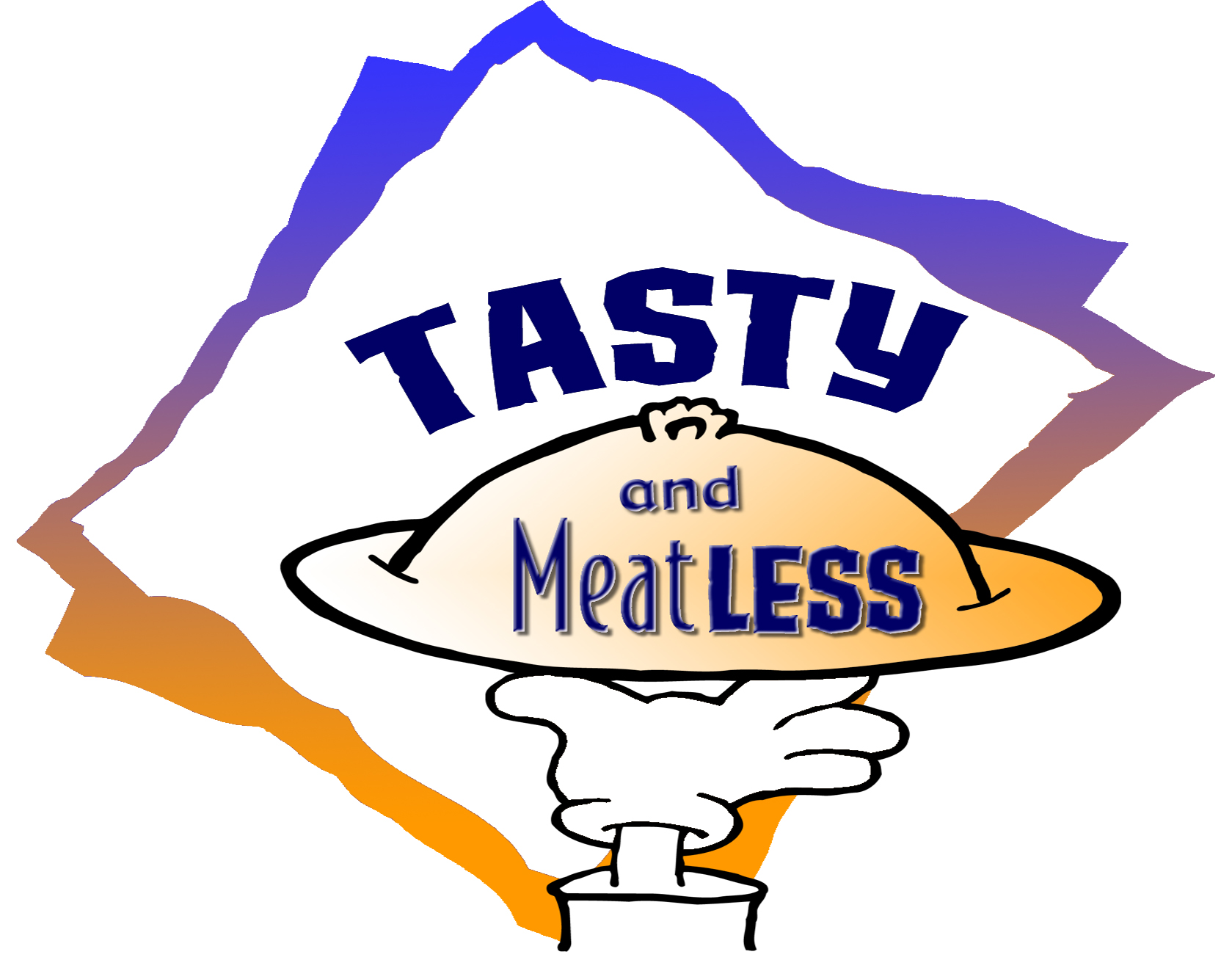 Nationally known lecturer and Registered Dietitian George Eisman, RD recently spoke at the Castle Wellness and Lifestyle Medicine Center. Mr. Eisman, who created the nation’s first accredited program in Vegetarian Studies, was to address the topic of “What’s Wrong with Atkins?” What followed, however, was a somewhat surprising enumeration of the ways in which the high protein/low carbohydrate Atkins program has changed since it was introduced in 1973. Those of you who have read the entire 1999/2001 publications titled The Dr. Atkins New Diet Revolution will not be surprised, but apparently, you are in the minority. It seems that while many of us were verbally bashing the Atkins diet, and issuing dire warnings to chubby friends weak enough to be sucked in by promises of effortless weight loss, Dr. Robert Atkins was doing his homework and busily incorporating some healthy instruction into the Atkins Nutritional Approach™.
Nationally known lecturer and Registered Dietitian George Eisman, RD recently spoke at the Castle Wellness and Lifestyle Medicine Center. Mr. Eisman, who created the nation’s first accredited program in Vegetarian Studies, was to address the topic of “What’s Wrong with Atkins?” What followed, however, was a somewhat surprising enumeration of the ways in which the high protein/low carbohydrate Atkins program has changed since it was introduced in 1973. Those of you who have read the entire 1999/2001 publications titled The Dr. Atkins New Diet Revolution will not be surprised, but apparently, you are in the minority. It seems that while many of us were verbally bashing the Atkins diet, and issuing dire warnings to chubby friends weak enough to be sucked in by promises of effortless weight loss, Dr. Robert Atkins was doing his homework and busily incorporating some healthy instruction into the Atkins Nutritional Approach™.
According to the website, the Atkins Nutritional Approach™ is not a diet, and in fact only the first phase is extremely carbohydrate restrictive. Unfortunately, Phase 1 defines the “Atkins Diet” for most of us. It is the most attractive aspect to the meat lover and is potentially dangerous to both short and long term health. I have personally known three people who required emergency room visits due to the diet and many more who lost a significant amount of weight only to quickly regain that plus more.
Drastic carbohydrate restriction negatively impacts every system in the body because it is designed to burn carbohydrates for fuel. Carbs burn cleanly, breaking down into carbon dioxide and water. Forcing the body to burn protein for energy overworks the liver and kidneys and depletes our bones of calcium. Many people on high protein diets also experience sluggish brain function, floating through their days disoriented from dehydration. In addition, a high protein diet is invariably a high fat diet which, over time, means clogged arteries and heightened risk of various cancers.
So much for Phase 1. What has Atkins changed and why? Until recently, the longest running study of the Atkins diet had lasted only one year. However, with millions of people professing to be “on Atkins,” the necessity of a long term study became apparent. These types of studies are extremely expensive, but the Atkins Corporation generously agreed to fund the study which began in 2003. In what appears to be some smart insurance on the part of the Atkins Corporation, adjustments to the diet now requires one to consume at least three cups of greens every day, two of which must be raw. Adherents must drink eight glasses of water per day, which will both suppress the appetite and prevent dehydration. No caffeine, trans fats, refined carbohydrates, or milk are allowed. The milk restriction is interesting and attributed to the sugars in milk. In this instance, sugar is synonymous with lactose. Considering that three-quarters of the world’s population is lactose-intolerant, this is probably a wise move. According to Mr. Eisman, there may be an additional reason to ban milk drinking while allowing unrestricted consumption of butter and cheese. There is a theory that the homogenization process which prevents milk from separating might ultimately be responsible for the onset of atherosclerosis in our bodies. While this theory has yet to be substantiated, it does seem to be another good reason to avoid milk.
Three additional recommendations made by the current Atkins program are to eat organic whenever possible, exercise daily, and if possible, eliminate any medications that encourage weight gain. Good call.
If one disallows the unlimited amounts of butter and cheese, these recommendations are very positive, the high protein/high fat basis of the diet not withstanding. Will they make the diet any less dangerous? The study participants will be required to adhere to the entire program and, at the conclusion of the study, the results might be more positive than one might expect. However, for those who use the diet as an excuse to eat large quantities of meat and fat while claiming to be improving their health, the future is grim. For them, these dietary improvements are significant only in that they protect the Atkins Corporation against possible litigation. So be warned, those who decide to sue the Atkins Corporation for causing their heart disease and cancer should prepare to be laughed at. Dr. Atkins might be gone, but he’s still got it covered.
By Cyndi Rook


 Subscribe to our
Subscribe to our